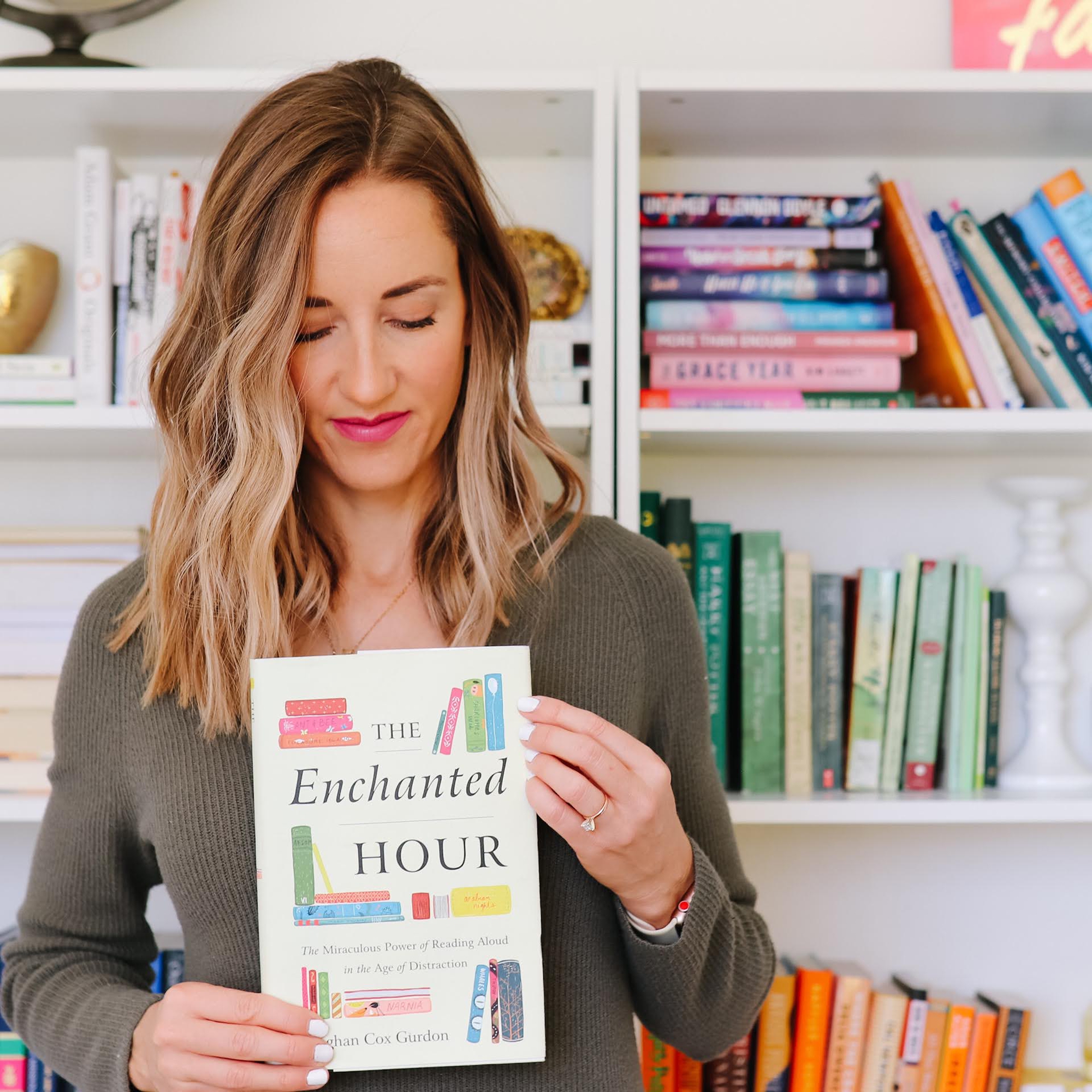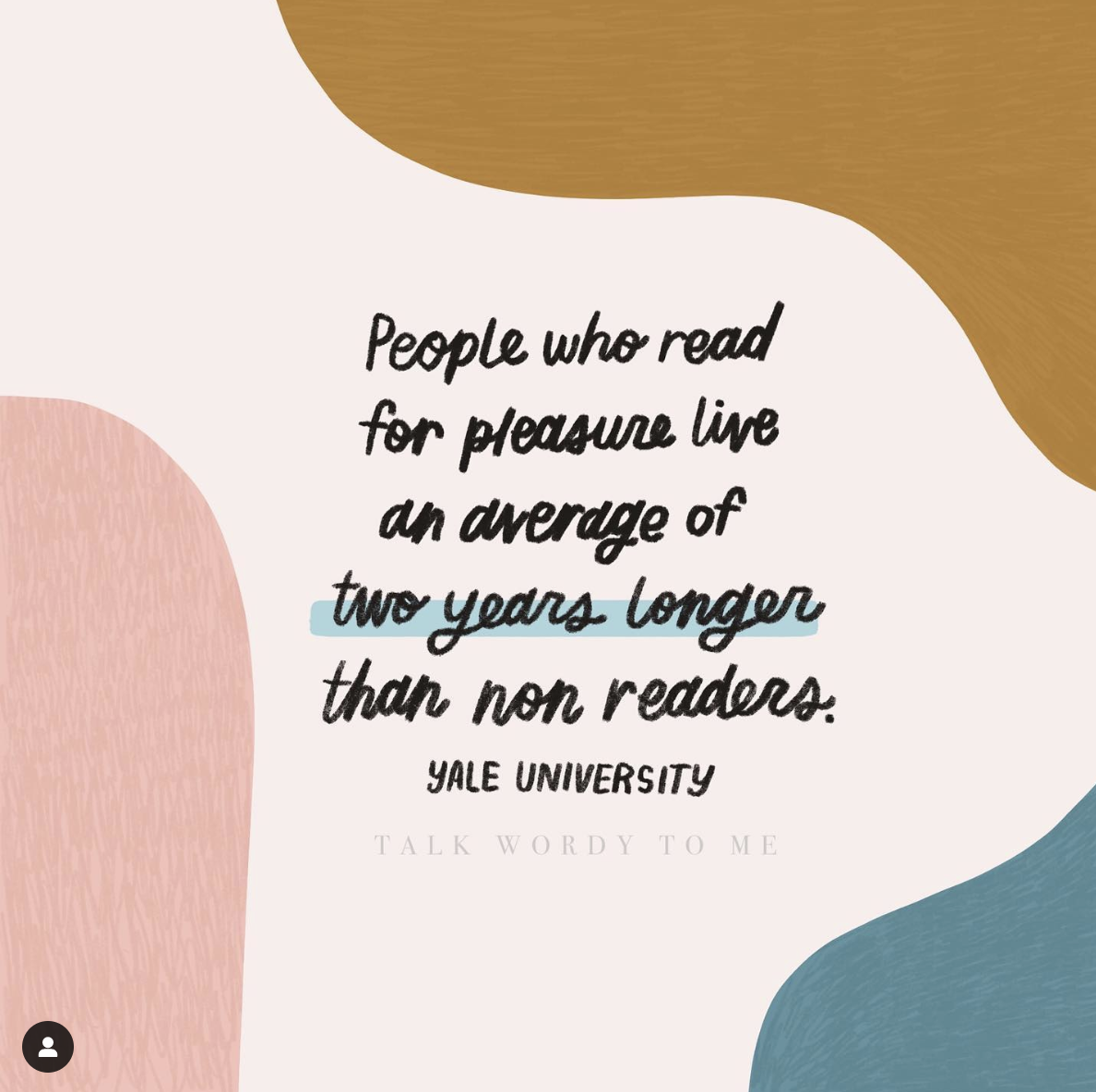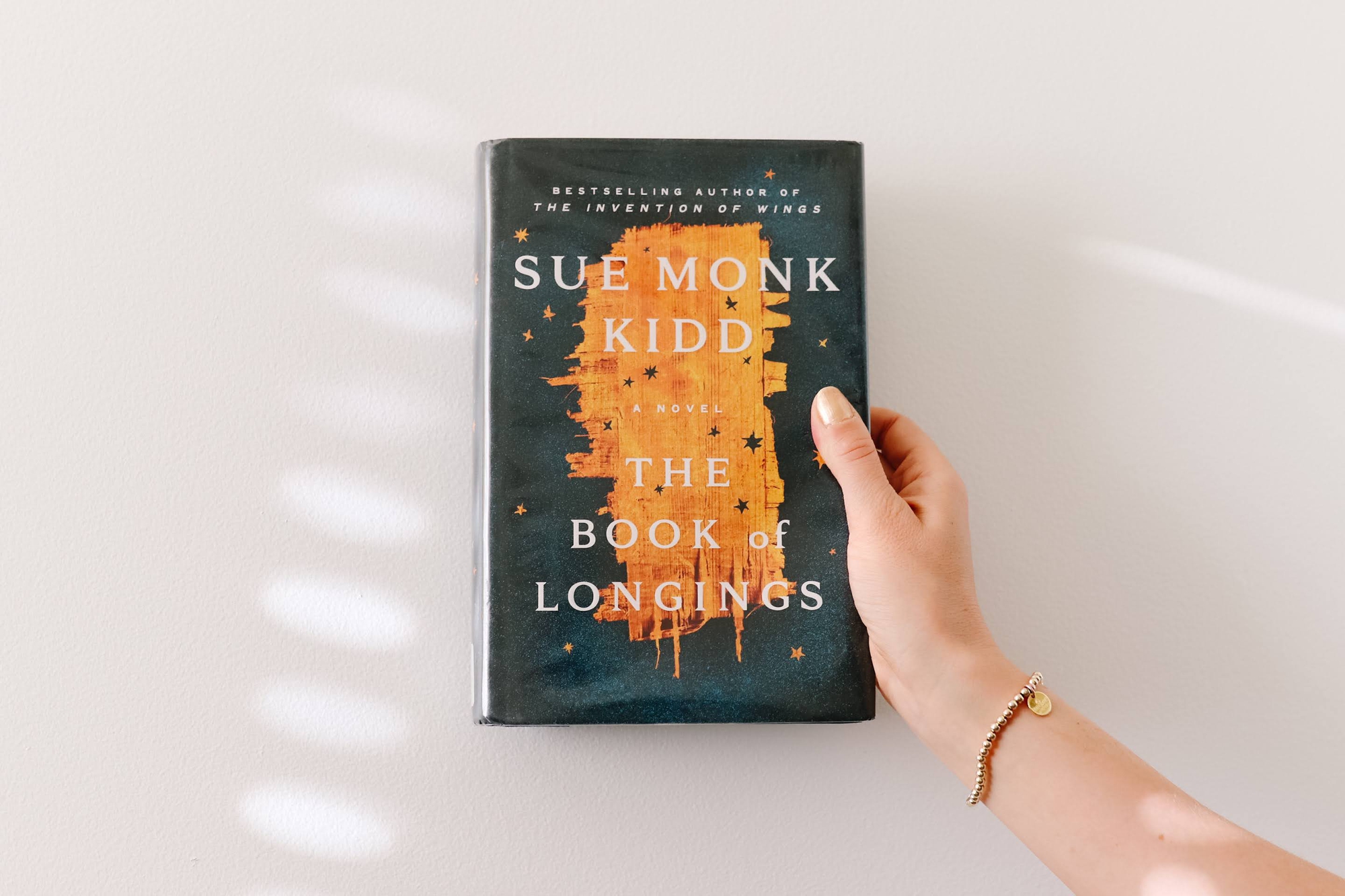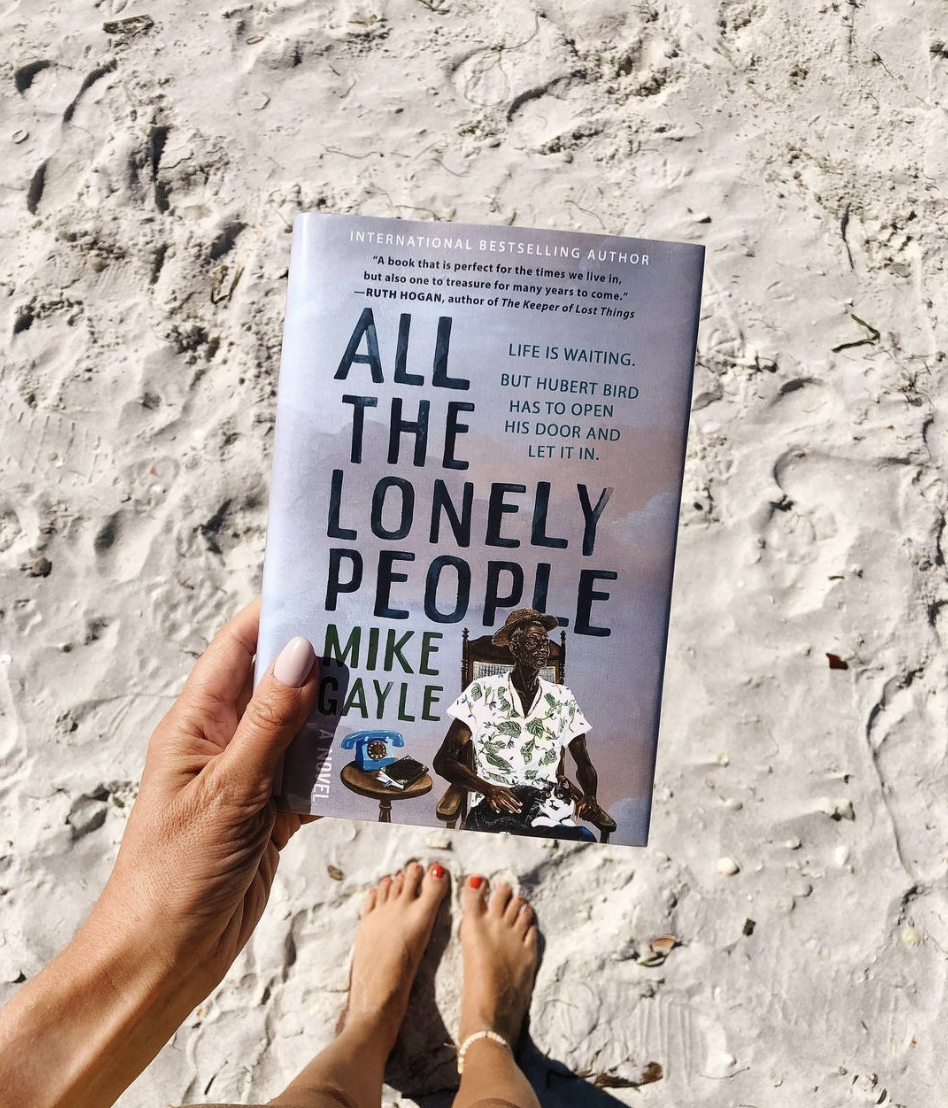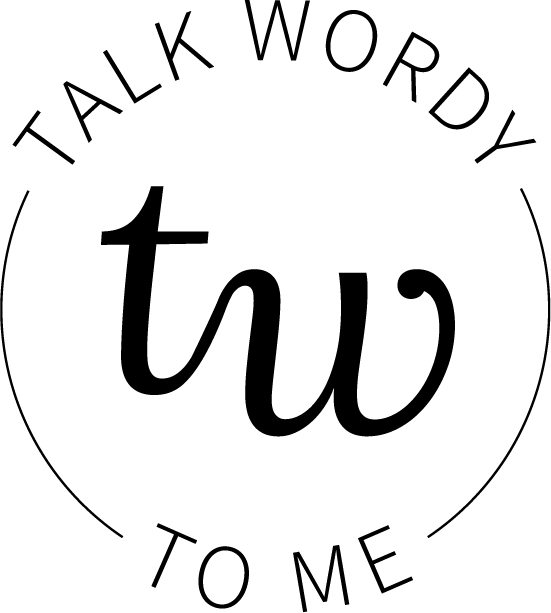.jpg)
Roxana B. Photography
As women, we are often judged in relation to our family status. Are you dating? If not, why not? If you are, when are you getting married? If you’re married, when are you having kids? If you’re not having kids, why not? If you have kids, how many more are you going to have?
As a young girl, how many kids we wanted was the topic of many conversations with friends about the future families we’d dreamed up in our heads. (MASH helped with the details, of course.)
When we confidently picked how many kids we were going to have, it was simply a matter of how many sounded good and whether we liked even or odd numbers. We never left room in our minds for the possibility that our future families might not match the plans in our little heads.
Now that I’m married and have children of my own (a blessing I don’t take for granted), the “how many kids” question still arises in the majority of my adult conversations. I ask it too. It’s a valid question, and one I enjoy discussing with people close to me.
But after asking other women how this question made them feel, the responses made me think twice about ever throwing out the “how many kids do you want” question without some deeper thought.
Here are some of the responses I got:
“My heart usually twinges, then I respond with, ‘Well, if I had a choice, I’d have a whole litter of 10. We’d be counting our lucky stars if we could get just one here.”
– Jess, Highland, Utah
“I know so many women who struggle with this subject. To me, there is no right answer. Even when we have plans to have a certain amount of kids, life happens, and we may change our plans. We originally thought we’d have three or four, but now we are just trying to keep Ava (who has cancer) alive, so our plans have changed to having two kids. At first it was hard for me, but now I’m embracing my two girls and living every moment with them as if it were my last.”
– Kady, Farmington, Utah and Frauenfeld, Switzerland
“Somehow, being an adoptive mom makes people think it’s OK to make assumptions about why we adopt. They think they know things about my fertility, but they simply don’t. They often assume our choice to adopt is a second-tier option, when in fact it is what I chose instead of pursuing fertility treatments. It was the perfect choice for me. And because I’m also an angel mom, with one baby in heaven, even the question, ‘How many children do you have?’ is super emotional and touchy for me. It feels like a betrayal to say four, but confusing to say five. I’ve learned to say ‘Four plus an angel,’ which always brings a little awkwardness to the conversation, but feels honest and loyal.”
– Rachel, Highland, Utah
“I was diagnosed with severe endometriosis when I was 18 and was told by doctors that becoming pregnant would be difficult for me. Four surgeries later, I had my little girl, but dealt with PPD and severe anxiety. I’ve been terrified at the thought of adding another little to the family ever since.”
– Hailee, Herriman, Utah
“We lost a sweet baby girl almost three years ago to a fatal birth defect, so we honestly don’t know how many children we can bring to live on this earth. Although they called it a fluke and our chances of having another baby with the same defect is only 3-4 percent, we had it happen once and our chances were only 0.03 percent. The fact is, having babies can be scary business for both women who can’t get pregnant and women who can. I know that no one asks this question to be insensitive and they are genuinely interested in your life and plans, so I always answer ‘we take it one at a time.’”
– Misty, Lehi, Utah
“I wish we would share more. I totally understand that sometimes it’s too raw to do so, but if we are able to, I think it helps in so many ways to share our struggles. It educates the people who may not know about these things (and they may think twice the next time they go to ask that same question), and it helps us connect with others who may have similar issues.”
– Brianna, Provo, Utah
“I think this issue goes both ways. I have four kids close in age and would love to have one or two more. When I go out in public I am frequently asked by complete strangers if I am done having kids. Some people say pretty mean things like they think I’m overpopulating the earth. This is a very personal matter and what’s right for each of us is different. We all need to be less judgmental and a little more understanding.
– Laura, South Jordan, Utah
“It was never a hard question for me . . . until it was. I didn’t really think about it too much until secondary infertility made it ALL I could think of. It was a question I had even asked people to just make conversation. Most people have no idea what it can do to a person’s heart. They really are just making conversation and building on common goals, interests or ideas. If we are confident in whatever we decide to do, then we won’t feel guilt or shame when we see what other moms are doing. If I know my husband and I are on the same page and we are both on the same page with God, so we shouldn’t feel ashamed to answer with happiness and love. Sometimes the question can open up a beautiful conversation with someone who is needing to be strengthened.”
– Jen, Saratoga Springs, Utah
“A category of people that are never really addressed in these conversations are the women who desperately want children, but who have not found a partner to have them with. In these cases, it is twice as difficult. These women not only feel lonely and often don’t love themselves, but at the same time, they struggle with knowing that as time passes they are less and less likely to have any children at all. My heart goes out to everyone who has certain hopes and expectations for their lives that they can’t attain.”
– Devon, Potomac, Maryland
What I learned from these women, who are only a few of the many women who struggle with the “how many kids” question, is that our situations vary infinitely.
For some families, infertility and other health issues take away the choice people would otherwise have to control their family size.
But even for those who have the choice, there is a lot to consider. Sometimes, especially in Mormon culture, we feel like we are expected to have as many children as we can physically handle. But considering how many we can handle emotionally and mentally as well is just as important. Sometimes, I worry that if my husband and I choose to have three children, it’ll be compared to the larger families around us and won’t be considered “enough.” People will wonder why we chose to stop. This, of course, is a mindset that is not shared by most of the world, but here, I feel the pressure.
Whether you have no children, one child or seven children, it is enough. And whether you’ve chosen your number or it’s been chosen for you, you don’t need to spend any more time feeling guilty about it. You just need to spend that time loving the people you have.
I know that someone who can’t physically have more children will be “excused” for that, but for me, the question is less about how many I can have and more about how many my husband and I can care for while still feeling emotionally stable. Yes, I may be capable of having ten children, but knowing myself, I’m certain I would be mentally unstable and that would affect my children in a way I’m not willing to sacrifice for the sake of having more kids. I want to be a happy, healthy mother with energy and time to give my children what they need. I want to take care of myself and pursue my dreams, because I want them to learn the importance of that.
My heart goes out to the women who, for whatever reason, are not able to have the family they envisioned. You are enough. To the women who, like me, spend time worrying if they’re contribution as a mother is enough, it is. Whether you have no children, one child or seven children, it is enough. And whether you’ve chosen your number or it’s been chosen for you, you don’t need to spend any more time feeling guilty about it. You just need to spend that time loving the people you have.
There is so much more to this question than picking a number that sounds good for your family, or that meets social, cultural or religious expectations. The only “right” answer is the answer that is right for you.
I hope we can all be a little more understanding of the weight that might accompany the “How many kids do you want” question and approach it with sensitivity, understanding and a desire to connect and encourage, not to judge or assume.
This article appeared on utahvalley360.com and LDS Living.


